
Given that Krishna speaks the Gita on a battlefield, we would expect it to discuss quite a bit about the two binaries: war or peace. Yet it’s remarkable how infrequently it refers to either.
References to war: After the first chapter description of the battlefield setting and Arjuna’s breakdown therein, once Krishna starts speaking philosophy in the second chapter (02.10), he makes only a few references to war throughout the Gita such as 02.31-37, 03.30, 04.42, 08.07. Among these, 03.30 and 04.42 are primarily about a metaphorical inner war to spiritualize one’s consciousness. Similarly, 08.07 is a directive to simultaneously cultivate inner devotional remembrance and practice outer dutiful diligence — fighting is mentioned because it happens to be Arjuna’s duty.
Apart from the eleventh chapter revelation of the universal form, which includes a description of the destruction to unfold on the battlefield, the Gita from its ninth chapter contains practically no reference to fighting. The only exception is an eighteenth chapter reference to killing (18.17), whose focus is to illustrate the concept of doership, not call for war.
References to peace: There are only a few (such as 02.70, 02.71, 05.29, 12.12, 18.42, 18.62), and they refer to inner peace.
The Gita’s focus: Overall, in the Gita, neither is Arjuna a proponent of peace or silence, nor is Krishna a proponent of war or violence. Their discussion is essentially about transcendence and a transcendental vision to face life’s many circumstantial challenges. To explain the elements of this transcendental vision, Krishna speaks about many metaphysical subjects including identity, duty, causality, harmony, mortality, spiritual reality, divinity and equanimity (atma, dharma, karma, yoga, anta-kala, brahma, mama [Krishna’s first-person reference to divinity] and sama respectively). Weaving all these into a coherent and empowering worldview, Krishna equips Arjuna, and through him all Gita readers, to face life’s challenges with greater clarity and confidence.
One-sentence summary:
The Krishna-Arjuna discussion in the Gita is neither about silence, nor about violence — it is about transcendence.
Think it over:
- Explain how the Gita’s references to both war and peace are few.
- What is the focus of the Krishna-Arjuna discussion?
- What subjects does the Gita discuss? Why?
***
02.10: O descendant of Bharata, at that time Krishna, smiling, in the midst of both the armies, spoke the following words to the grief-stricken Arjuna.
To know more about this verse, please click on the image

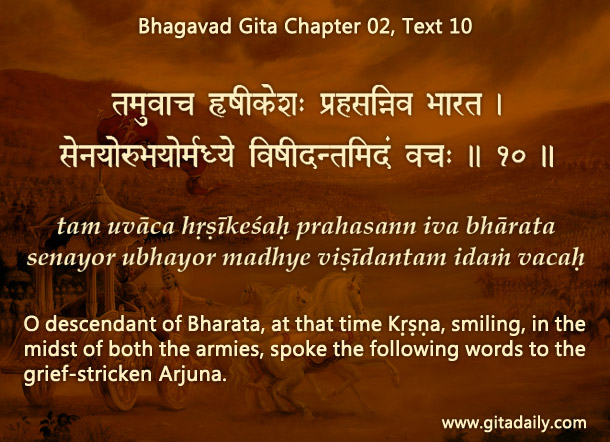

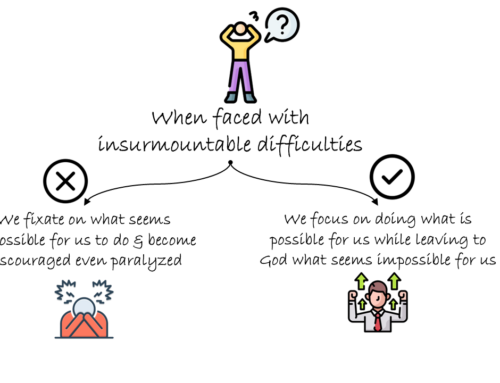

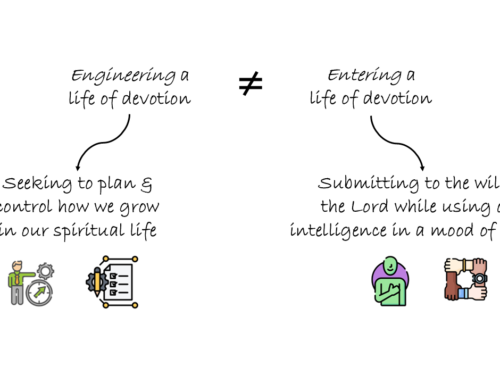

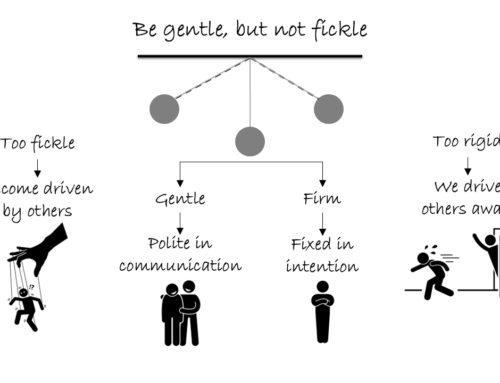
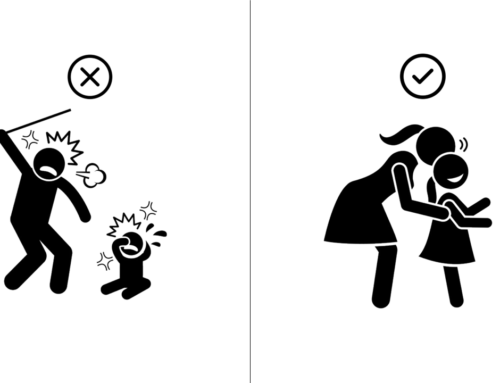
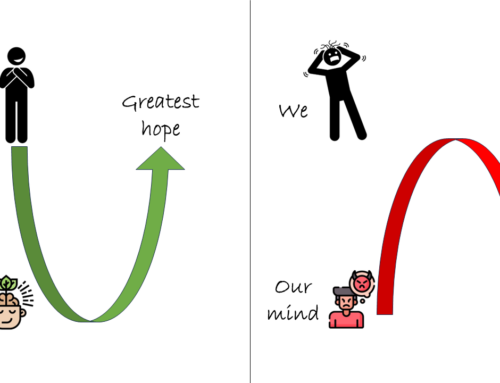

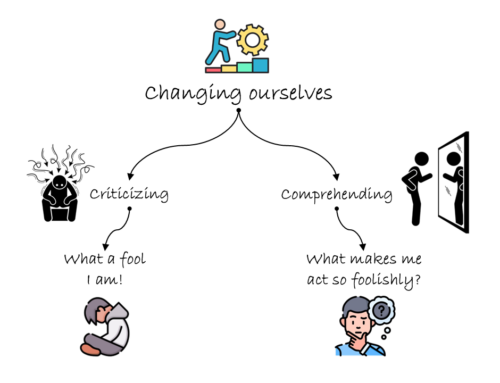
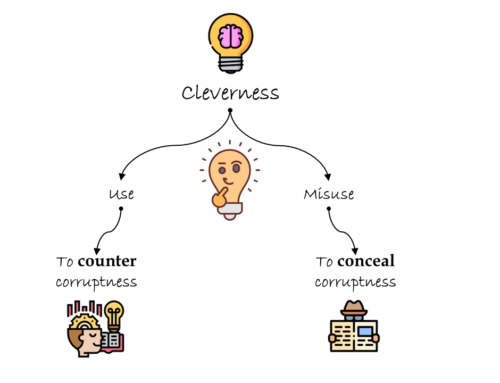
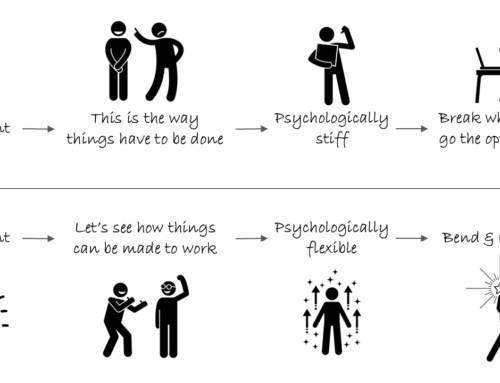
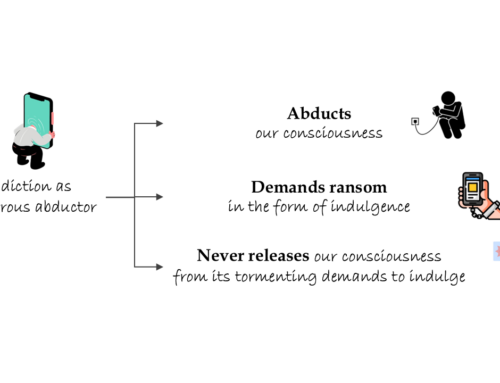
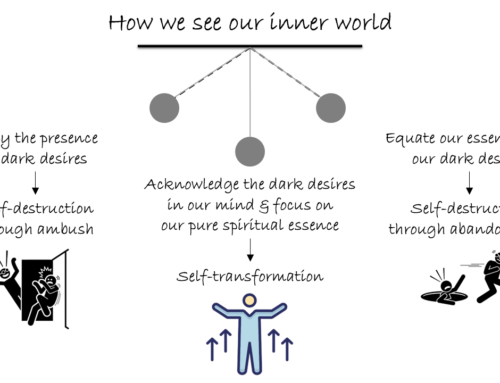
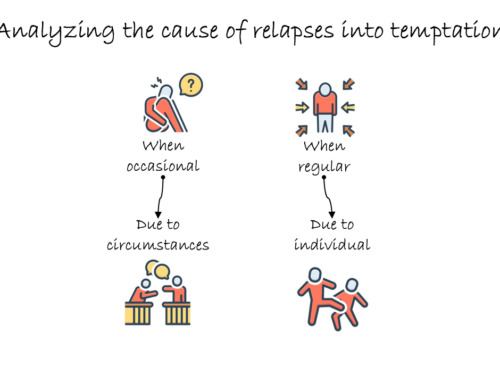
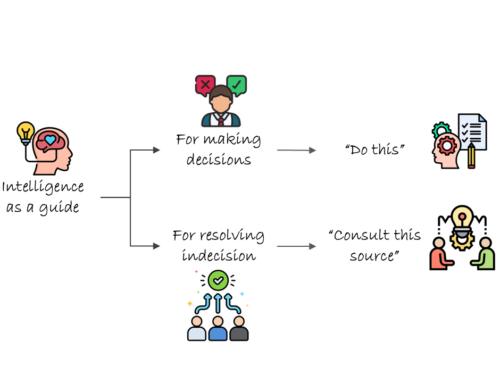
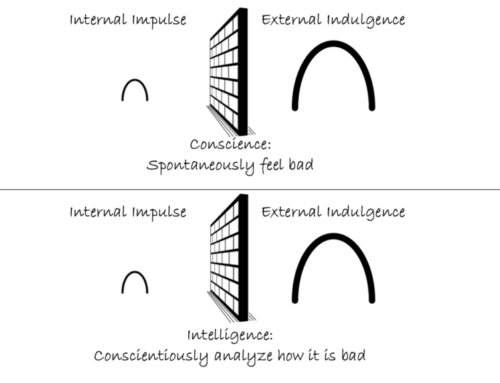
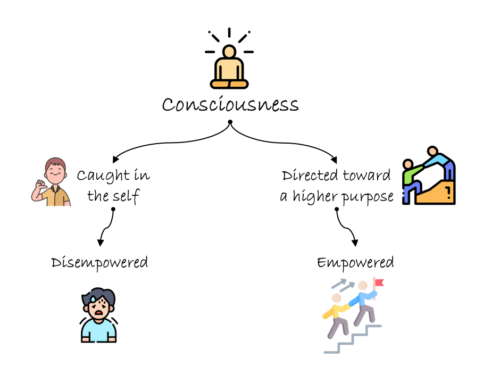
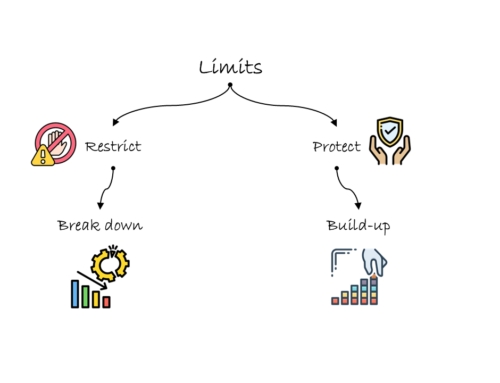
Leave A Comment